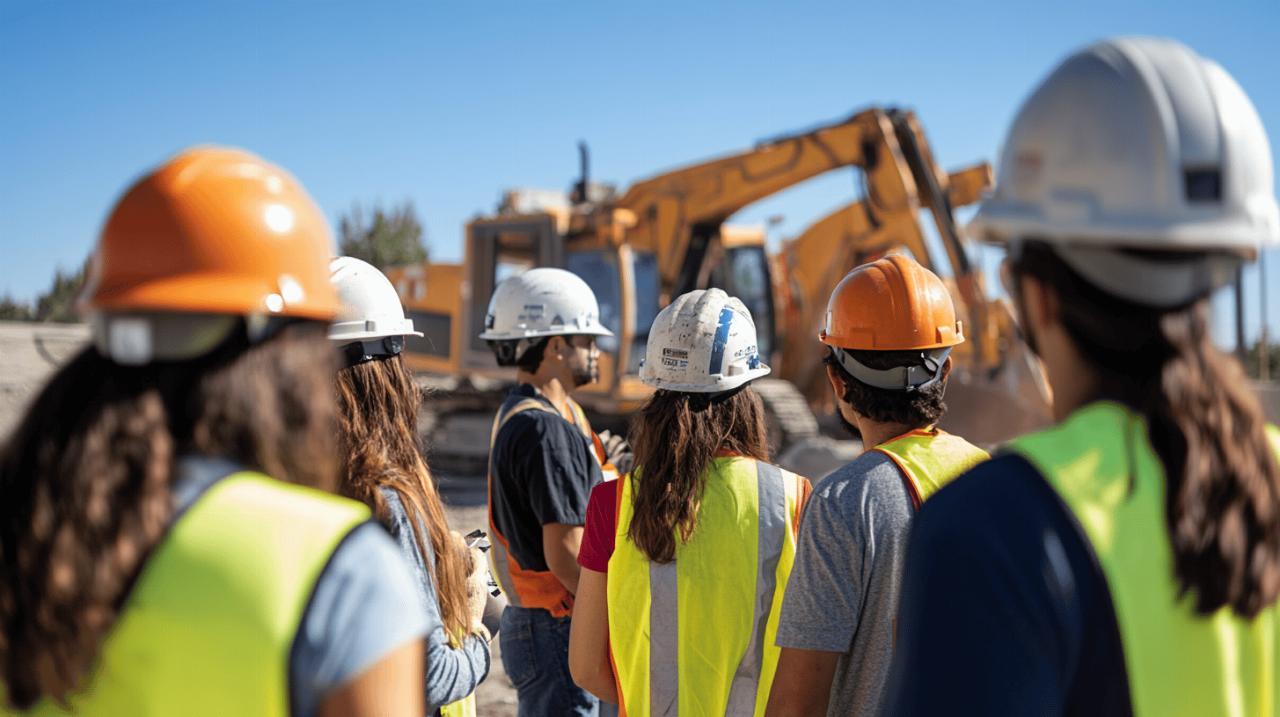Embarking on a career in construction requires more than just practical skills; it demands proper training and recognised qualifications. The construction industry offers numerous pathways for professional development, each designed to equip aspiring builders with the knowledge and certifications needed to excel in this dynamic field. Whether you’re just starting out or looking to advance your career, understanding the available training options is essential for long-term success.
Foundational construction qualifications
Beginning a construction career requires solid foundational qualifications that serve as building blocks for future specialisation. These entry-level certifications validate basic skills and knowledge while ensuring compliance with industry standards. The respected Scuola Edile Rimini, an institution known for providing comprehensive construction education across Europe, emphasises the importance of these foundational qualifications as stepping stones to more advanced career opportunities in the building sector.
NVQ and City & Guilds certifications
National Vocational Qualifications (NVQs) and City & Guilds certifications represent the cornerstone of construction training in the UK. These qualifications are competency-based, meaning they assess practical skills and knowledge required to perform specific job roles effectively. NVQs range from Level 1 for beginners to Level 5 for management positions, covering various construction disciplines from bricklaying to site supervision. City & Guilds offers similar qualification pathways with a focus on technical expertise and industry-specific knowledge. Both certification routes incorporate elements of sustainable construction practices and quality assurance, making them highly valued by employers seeking candidates with verified skills.
Construction skills certification scheme (cscs) cards
The Construction Skills Certification Scheme cards have become virtually mandatory for anyone working on construction sites across the UK. These cards serve as proof that holders have the appropriate training and qualifications for their job role, with different coloured cards indicating various levels of expertise and authority. To obtain a CSCS card, applicants must pass the Health, Safety & Environment test, demonstrating their understanding of essential site safety protocols and environmental considerations. The scheme has revolutionised industry standards by ensuring consistent safety awareness across all construction projects. Site managers increasingly require all workers to present valid CSCS cards before gaining access to construction areas, making this certification a critical first step for aspiring construction professionals.
Specialised trade training programmes
 Once foundational qualifications are secured, aspiring construction professionals often pursue specialised training in specific trades. These programmes provide in-depth knowledge and practical skills in particular construction disciplines, preparing individuals for specialised roles within the industry. Technical competence in a specific trade not only increases employability but also opens doors to higher-paying positions and opportunities for self-employment or business ownership.
Once foundational qualifications are secured, aspiring construction professionals often pursue specialised training in specific trades. These programmes provide in-depth knowledge and practical skills in particular construction disciplines, preparing individuals for specialised roles within the industry. Technical competence in a specific trade not only increases employability but also opens doors to higher-paying positions and opportunities for self-employment or business ownership.
Carpentry and joinery apprenticeships
Carpentry and joinery apprenticeships combine classroom learning with on-site practical experience, typically lasting between two and four years. These structured programmes cover everything from basic woodworking techniques to complex structural installations. Apprentices learn to interpret technical drawings, use specialised tools safely, and apply building standards while working alongside experienced craftspeople. The Construction Industry Training Board offers grants and funding to support these apprenticeships, making them accessible to a wide range of candidates. Upon completion, qualified carpenters and joiners can pursue various career paths, including specialist heritage restoration, commercial construction, or custom furniture making. The demand for skilled woodworkers remains consistently high across the construction sector.
Electrical and plumbing vocational courses
Electrical and plumbing training represents some of the most technical and regulated vocational courses in the construction industry. These programmes must adhere to strict industry standards to ensure safety and compliance with building regulations. Electrical courses cover circuit design, installation, testing, and fault diagnosis, while plumbing courses focus on water supply systems, drainage, heating technologies, and increasingly, sustainable water management solutions. Both disciplines require theoretical knowledge alongside practical competence, with certification often involving rigorous assessment under supervised conditions. Professional bodies like the Chartered Institute of Building offer continuing professional development opportunities in these fields, helping qualified electricians and plumbers stay current with evolving technologies and regulations. These trades often command premium rates due to their specialised nature and the critical role they play in building safety and functionality.


